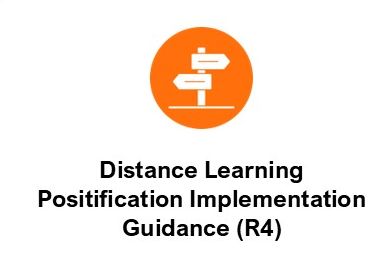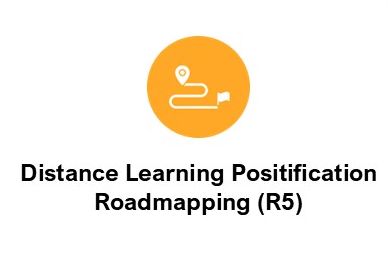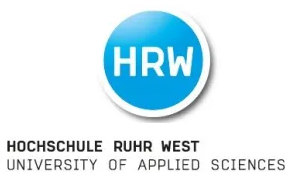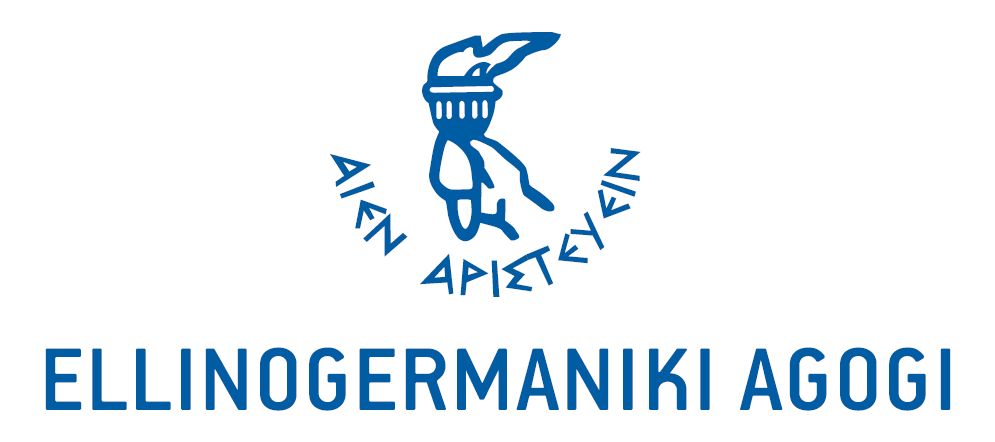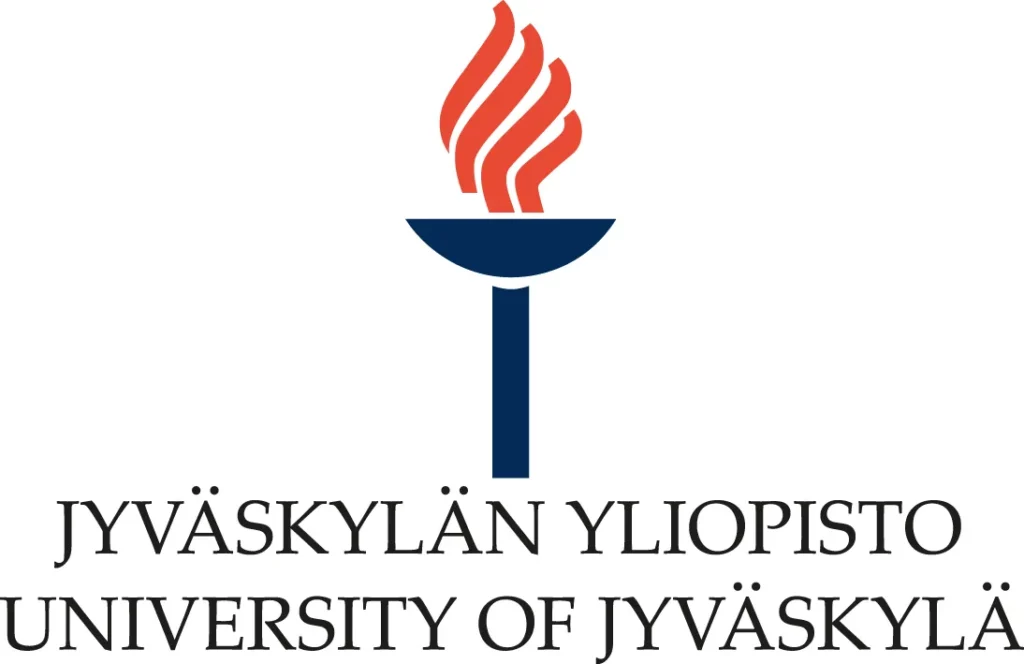Welcome to POSITIVE LEARN
Distance learning positification: technostress relief and wellbeing
About the project
POSITIVE LEARN (“Distance learning positification: technostress relief and wellbeing”) is an ERASMUS+ project aimed at supporting school professionals and modernizing teacher education through curriculum innovations. Its focus is on effectively integrating digital technologies and innovative pedagogies into online education.
During the recent Covid-19 pandemic, education shifted substantially to online-only learning. However, many teachers and students struggled to use new technologies in a healthy way, leading to various psychological effects such as anxiety and stress. It became evident that well-being must be addressed in the context of technology use. Since teachers play a crucial role in the educational process, it is essential for them to become active agents of change in adopting technological innovations. Unfortunately, current curricula often overlook this need, and many teachers assume that physical education classes alone are sufficient to ensure students’ mental and physical health. POSITIVE LEARN aims to tackle this key challenge by: (a) developing teachers’ competencies to promote well-being and health; (b) providing learning scenarios and materials to integrate well-being into the curriculum; and (c) creating a unique open exchange platform to foster skills development and collaboration across Europe.
Our Approach
We believe that effectively adopting digital technologies and innovative teaching methods in education requires rethinking educators’ digital competence portfolios.
The POSITIVE LEARN project will address the emotional challenges brought on by the Covid-19 pandemic by applying a positive computing and positive psychology approach that goes beyond mere technological solutions. We aim to foster innovation, resilience, and adaptation to help schools navigate the uncertainty caused by the pandemic and to cultivate support for change within the education system. We consider Positive Psychology and Positive Computing essential skills for addressing psychological and emotional issues.
Our Objectives
Our specific objectives are to:
- develop a pedagogical and competency framework to enable teachers to include wellbeing and mental health in all subjects.
- Provide open learning scenarios and materials to include wellbeing in all subjects.
- Develop teacher competences in relation to technology-related health issues and providing ready-to-use interventions
- Facilitate collaboration for open learning across Europe
- Provide evidence-based implementation guidelines
- Produce future institutional and policy guidance Overall, we aim to empower schools and teachers at managing their digital transformation in a healthy environment.
Our Results
Our News
Discover more news here
Consortium
The POSITIVE LEARN project consortium includes the National Centre for Scientific Research (NCSR) “Demokritos” in Greece, Hochschule Ruhr West in Germany, Ellinogermaniki Agogi in Greece, and the University of Jyväskylä in Finland.
Positive Learning Scenarios
Discover more Positive Learning Scenarios here
Τhe material of the project reflects only the author’s views. The European Commission’s support for the production of this publication does not constitute an endorsement of the contents which reflects the views only of the authors, and the Commission or the Hellenic National Agency cannot be held responsible for any use which may be made of the information contained therein.





